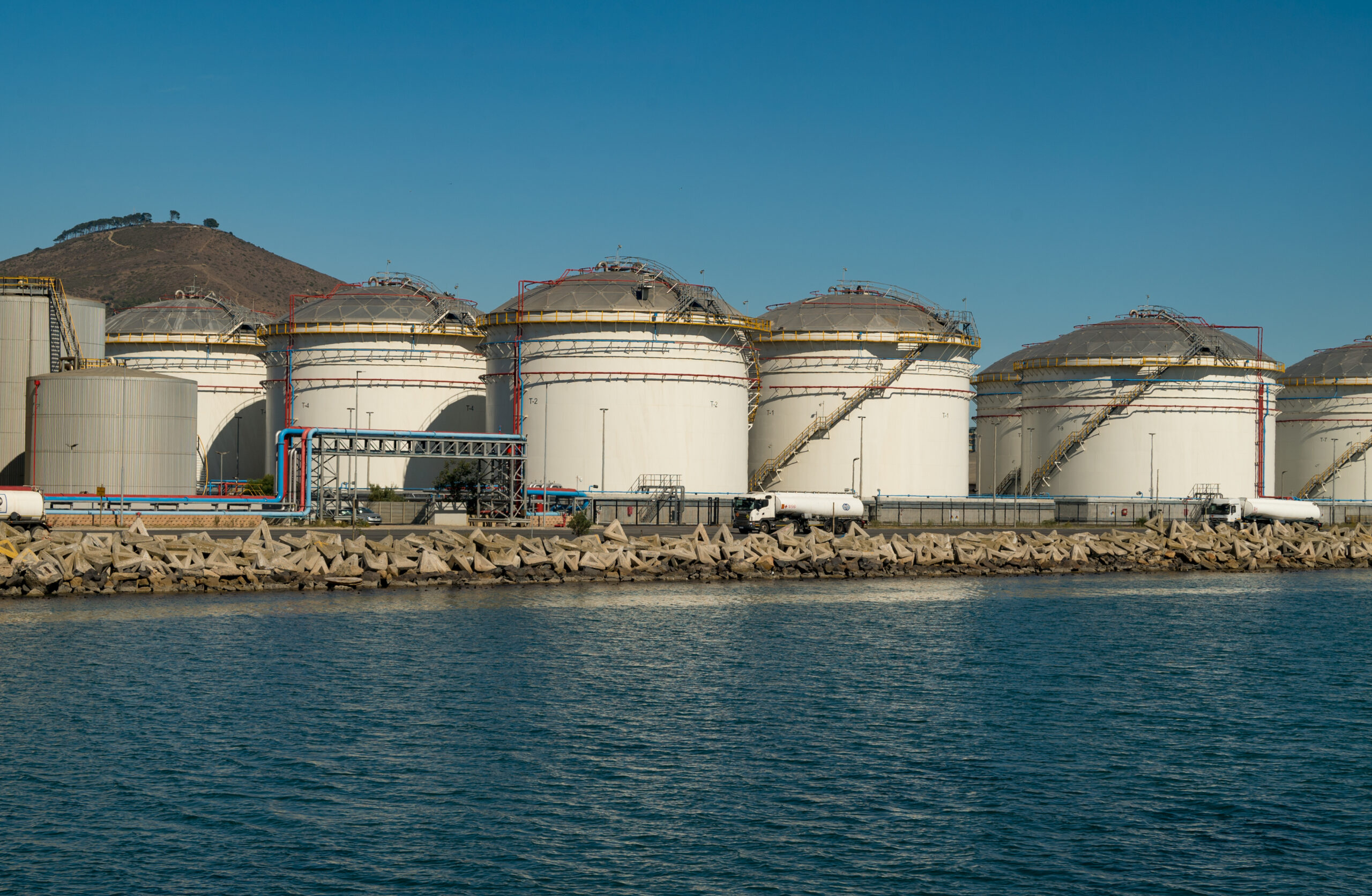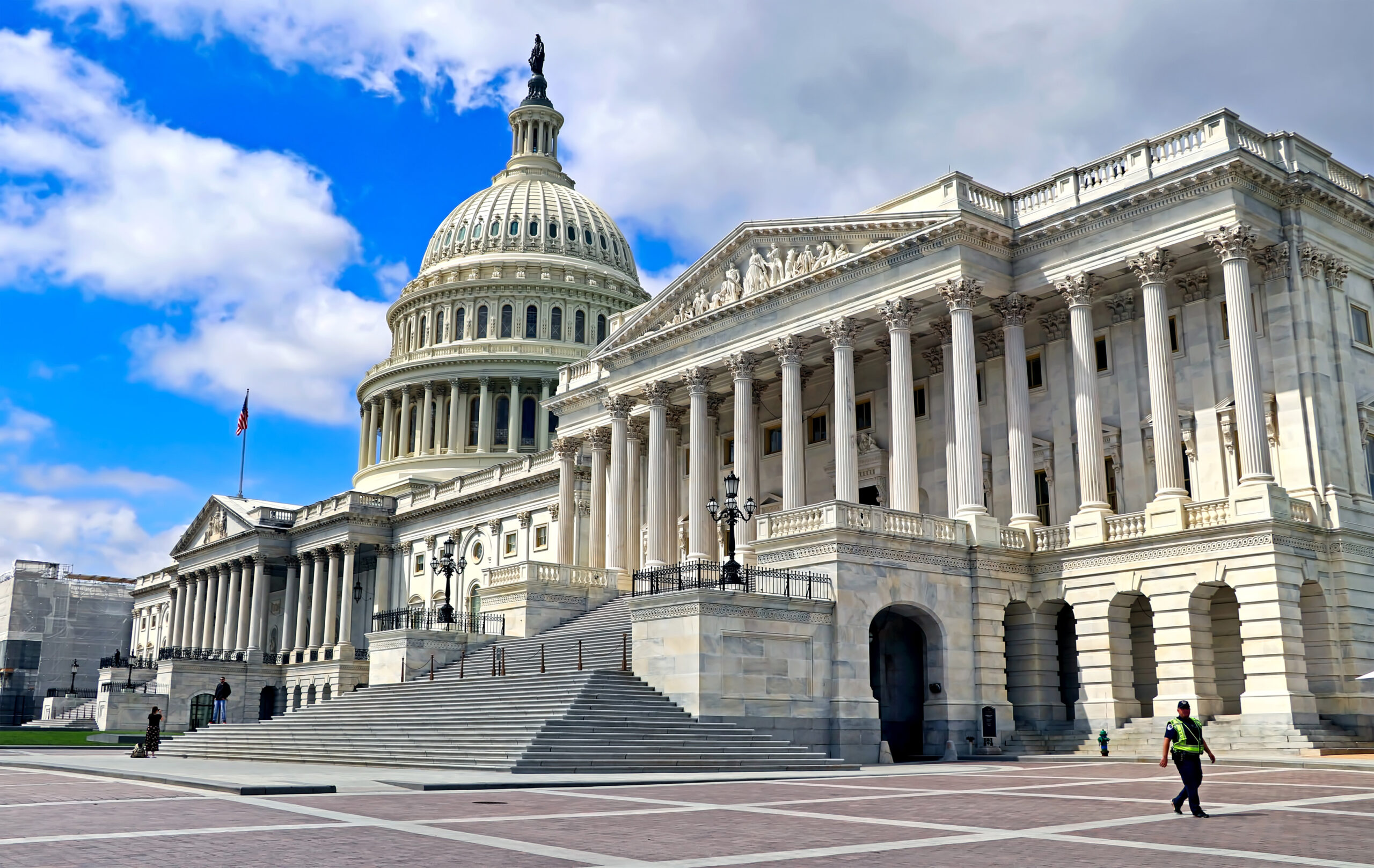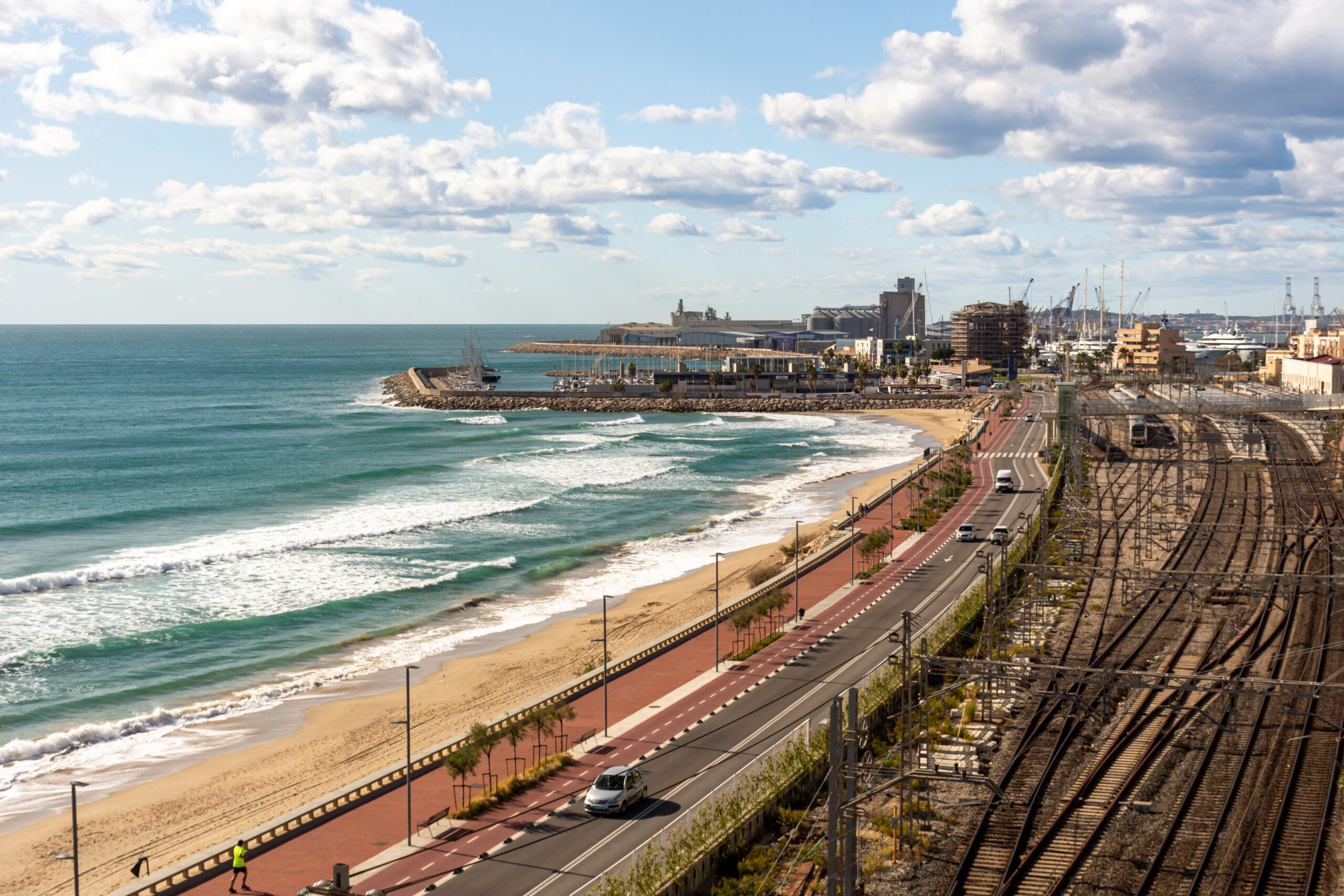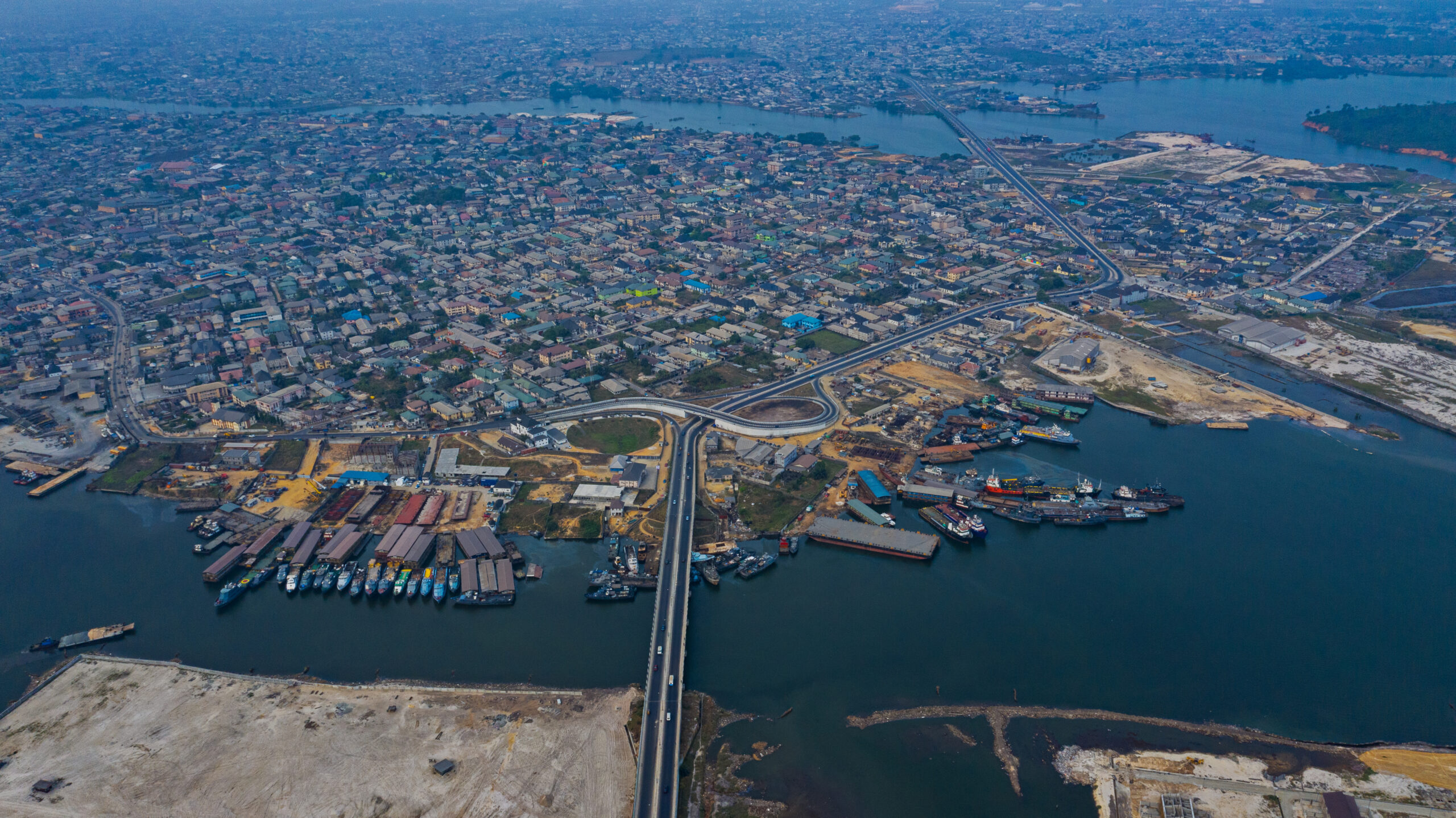Nigeria’s Dangote Refinery launches, net zero in jeopardy
Following the launch of the Dangote Refinery, aimed at making Nigeria become a petroleum exporter, experts have raised concerns over possible drawbacks on net zero goals and its environmental impact on residents.

Nigeria’s former President Muhammadu Buhari last month commissioned the Dangote Petroleum Refinery to transform the country into a net exporter of petroleum products. The refinery, located at the Lekki Free Zone near Lagos, has a capacity of 650,000 barrels per day.
With 1,100 kilometers of pipeline, the refinery’s infrastructure is the largest single-train refinery in the world, which will cost $19 billion to build after being delayed for almost a decade and can transport 3 billion standard cubic feet of gas daily.
The refinery is seen as the answer to persistent fuel shortages in Nigeria. There are high hopes for the refinery’s opening in the country’s energy sector. President Bola Tinubu announced the removal of fuel subsidies, citing a lack of budgetary allocation to sustain it for the 2023 second half. Payments for subsidies increased significantly from N351 billion in 2005 to N4.39 trillion in 2022, and N3.6 trillion was set aside to pay for fuel subsidies in the first half of 2023.
Being built by Aliko Dangote, the richest man in Africa, the mega-complex is among Nigeria’s biggest investments overall, with a deep seaport, a fertilizer plant, and a 435-megawatt power plant.
Nigeria imported petroleum products worth $23.3 billion last year and used about 33 million litres of petrol daily. The refinery is to have an excess of each of these products for export in addition to meeting 100% of Nigeria’s demand for all refined goods. With the ability to process various crudes, it is intended to process Nigerian crude.
Kelvin Emmanuel, co-founder and CEO of Dairy Hills Limited, a Nigerian food and beverages firm, said the refinery will re-invent Nigeria’s industrial supply chain for a generation, save the government $15 billion in FX yearly and debt sourcing to cover for deficit that was going into under-recovery for Premium Motor Spirit.
He noted the refinery would upgrade the quality of PMS consumed in Nigeria from RON 87 to RON 95 for octane level and 10 ppm for sulphur content.
“It will for the first time provide heavy fuel oil that thermal plants need as LPFO to generate electricity.It will provide heavy marine oil that ships need to sail. It will provide bitumen binders that construction engineers need to produce asphalt required to reduce the deficit of about 120,000 kilometers of road.”
Environmental implications
The newly built refinery will help Nigeria stop importing petroleum, boost foreign crude reserves, generate electricity and provide job opportunities, however, there have been concerns on how the project will undermine Nigeria’s ambitious commitment to net-zero emissions and other environmental implications.
One of the net-zero goals is the energy transition plan (ETP), a home-grown, data-backed, multi-pronged strategy developed to achieve net zero emissions in terms of the nation’s energy consumption.
The Nigerian government said the ETP is a significant pathway to achieving universal energy access by 2030 and a carbon-neutral economy by 2060. Consequently, the ETP sets out a timeline and framework for achieving emissions reductions across five key sectors; power, cooking, oil and gas, transport and industry.
At COP27, Former President Muhammadu Buhari made more commitments, on behalf of Nigeria, to tackle the global climate crisis. He also urged world leaders to stop the blame game and avoid delays in implementing efforts to tackle climate change. This is to reduce Nigeria’s greenhouse gas emissions while protecting the nation’s ecosystem and environment from the effects of climate change.
Oil refineries contribute about 4% of the global carbon emissions while Nigeria’s oil and gas sector represents about 11% of in-scope emissions, which are attributable to fugitives, upstream energy consumption (fuel use), venting and flaring. The full operation of the refinery would possibly increase Nigeria’s greenhouse gas emissions.
Dangote Refinery is to generate polypropylene, jet fuel, gasoline, and diesel of Euro-V standard. Its management claimed that the design complies with emission/effluent standards set by the Department of Petroleum Resources, the World Bank, the United State Environmental Protection Agency, and the European Union.
Impact on local residents
A report noted that while the refinery will attract investment in commercial real estate in the area, the presence of fumes and soot from the refinery will make the area less than appealing for residential developments.
Although the refinery is far from residential areas because of how the Lekki Free Trade Zone was designed, experts have noted it is impossible to forecast the volume and direction of the pollutants.
An environmental and oil spillage expert who asked for anonymity told Gas Outlook that the economic impact of the refinery on Nigeria is at the forefront of discussions, but nobody is paying attention to the environmental impacts.
The oil spillage expert further said the refinery risked endangering the lives of people living nearby once crude oil refining commences actively. She said the environmental issues people living in the area face include marine, air, and noise pollution.
“Marine pollution, it could obviously seep into the lagoon which could cause something, so these are things I feel they haven’t said much about,” she said.
She also relayed her fears about the community around the refinery area experiencing soot environment issues like at the Portharcourt refining complex in the Niger Delta.
“I don’t know if they’ve done series of tests or if the National Oil Spill Detection and Response Agency and Lagos State Environmental Protection Agency have been there; they said they have their own academy, what exactly are they teaching, what are the provisions they’ve made with the general hospital in that area, even the general hospital there has to be a specialized kind, that can actually attend to people, I mean what have they done, they haven’t enlightened us, they haven’t told us anything.”
Kelvin fears that if the government fails to ensure that the estimated 70,000 workers undergo regular tests and treatment to measure their exposure levels to nitrogen oxide and sulphur oxide gases in their respiratory system, then there could be a risk that will become a health hazard.
“Nigeria Environmental Regulatory Standards Enforcement Agency has to work with the Lagos State Environmental Protection Agency to ensure that not only are real estate developers kept at, at least 40 km from the refinery, that they the wastewater effluent released from the plants, is first treated before discharge into the surrounding water bodies,” he said.



